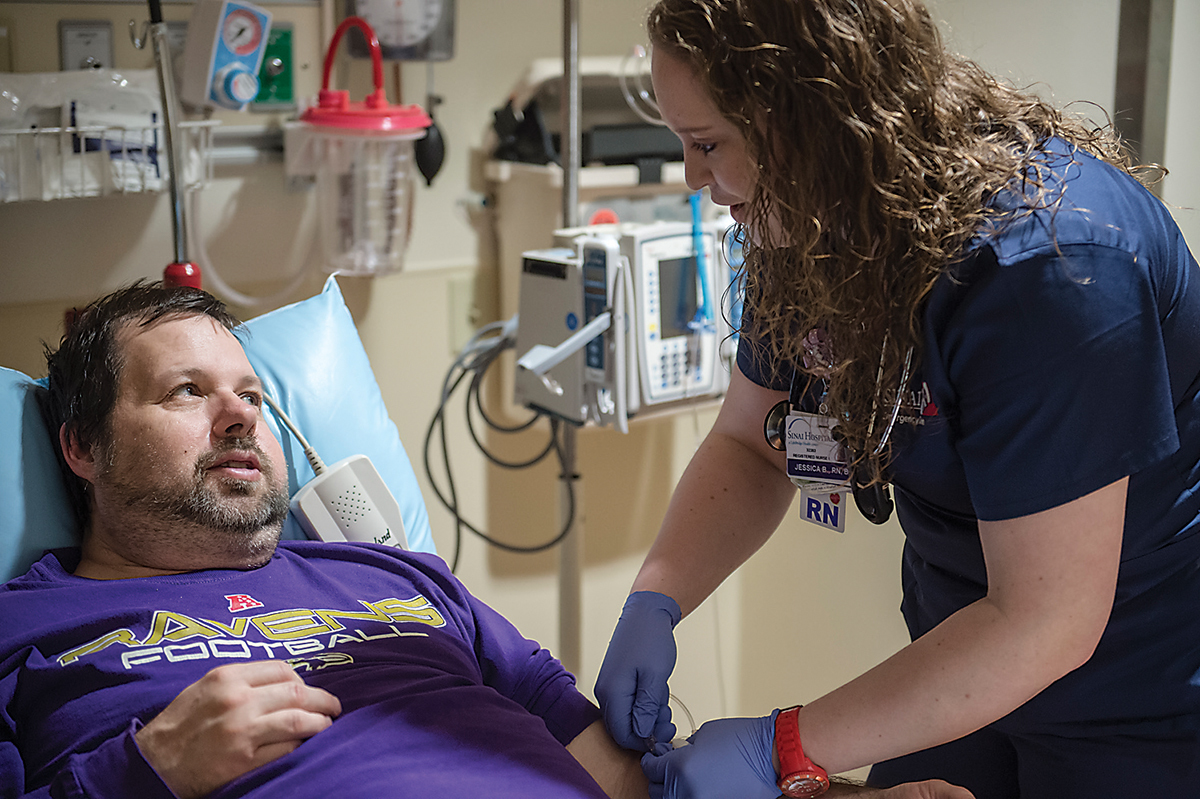


You can obtain recertification by completing continuing education or retaking the exam.

As for the recertification, it is done every several years, although this depends on your state rules. Just to add, you can get certification in pediatric emergency (CPEN), flight (CFRN), emergency (CEN), and critical care ground transport (CTRN) nursing. Take your Trauma Nursing Core Course from the ENA (Emergency Nurses Association). Once you obtained the required clinical experience, apply for an emergency nursing certification from the BCEN (Board of Certification for Emergency Nursing. When applying for emergency nursing certification, you are required to have at least two years of experience in emergency nursing prior to application for the certification exam. You will need to complete courses in physiology, anatomy, pharmacology, health promotion, ethics, and risk reductions. You need to have experience in special areas such as intensive care nursing before one can secure employment in a trauma unit. Acquiring an entry-level job as a registered nurse will give you an edge when starting out your career, only a few entry-level job RNs exist in trauma units. To land an entry-level position, you will need at least a two-year nursing degree (associate degree). Nurses must be highly qualified before becoming a trauma nurse - proper training is a requirement. Further, trauma nurses work carefully to stabilize a trauma victim and prevent secondary complications, such as respiratory distress, shock, or even death. They usually aid patients with serious injuries such as heart attacks, stroke, suicide attempts, car accidents, and other injuries related to work. You can find these nurses working in emergency rooms, critical care units, and as part of an emergency flight team where they alleviate a patient's condition by providing proper medical intervention. Trauma nurses are thoroughly trained in emergency care - focusing on serious medical conditions. Trauma nurses are well-trained and well-versed registered nurses rendering care to patients suffering from different injuries, many are serious and life-threatening injuries. In the end, it is a very rewarding position, but only if the nurse can cope with the demands and stress that comes along with the title.Īccidents are inevitable - a person, at some point, will experience physical injury or illness. This type of nursing position is extremely demanding, requiring a good deal of dedication and attention to work functionally. Landing a job as a trauma nurse is quite similar to the path of most nursing jobs, but a trauma nurse may need to acquire additional education to ensure eligibility for the position. The common tasks of trauma nurses are to handle minor and acute problems, prepare patients for an emergency operation, and assist surgeons during an operation. The title “trauma nurse” is given to nurses working in emergency wards and other hospital locations dealing with heavy situations. Trauma nursing, as a discipline, covers the content and process of all the various roles nurses assume when caring for a trauma patient. Accrediting organizations, like ANCC, assess providers of continuing nursing education to ensure they meet rigorous global standards established by ANCC.Ĭlick here to visit the Continuing Education Provider Unit website.Ĭlick here to visit the American Nurses Credential Center website.Action and emergency situations are what trauma nurses live for. Trauma nurses now gain access to the highest caliber of education to meet certification or licensure requirements, which in turn contributes to improved health care outcomes.ĪNCC Accreditation is a voluntary, peer review process intended to strengthen and sustain the quality and integrity of continuing nursing education, making it worthy of public confidence. As of September 2012, less than 10% of all ANCC-accredited organizations achieve this honor). (Only organizations that demonstrate zero deficiencies requiring a progress report achieve Accreditation with Distinction. Accredited organizations, like STN meet comprehensive, evidenced-based criteria to ensure CNE activities are effectively planned, implemented and evaluated.
Trauma nurse professional#
The Society of Trauma Nurses is accredited as a provider of nursing continuing professional development by the American Nurses Credentialing Center's Commission on Accreditation.ĪNCC Accreditation distinguishes organizations that demonstrate quality and excellence in the curriculum design and delivery of continuing nursing education (CNE).


 0 kommentar(er)
0 kommentar(er)
